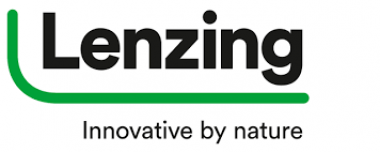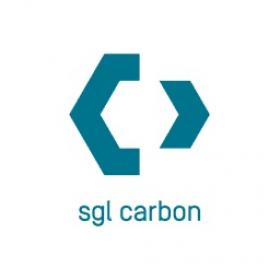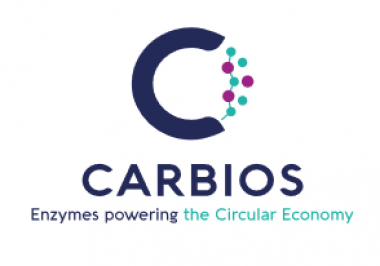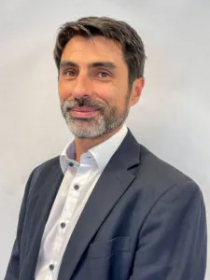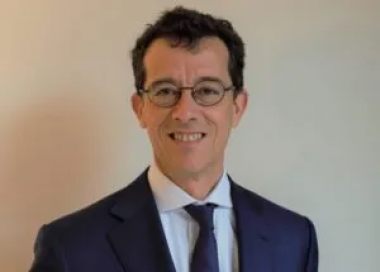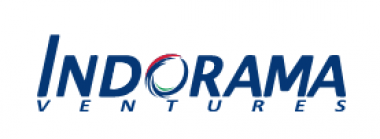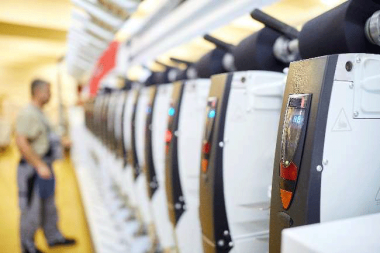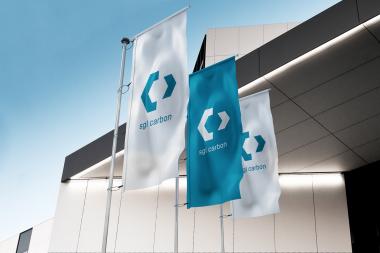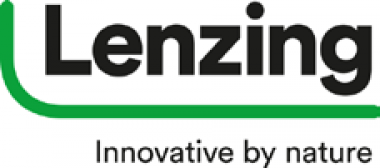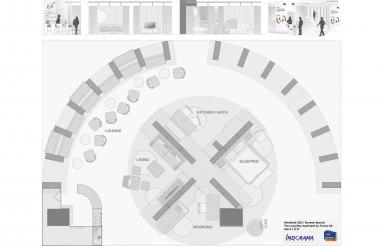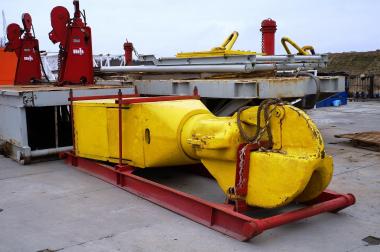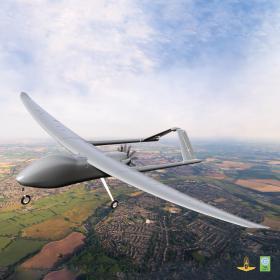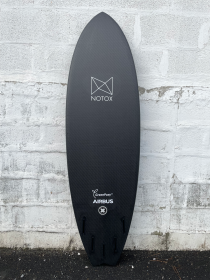Lenzing AG revises its dividend policy
Minimum dividend of EUR 4.50 per share as of the 2023 financial year
Having concluded its strategy update, the Managing Board of Lenzing AG decided to revise its dividend policy today. This demonstrates Lenzing’s confidence in its ambitious growth plans and its ability to consistently providing attractive dividends to shareholders.
As of the 2023 financial year (with payment scheduled for 2024), Lenzing plans to pay an annual dividend of at least EUR 4.50 per share (adjusted for inflation for the years thereafter). The revised dividend policy is subject to the approval of the Supervisory Board.
The payment of the dividend in any year will be subject to the specific dividend proposals of the Managing Board and the Supervisory Board. These proposals may deviate from the new dividend policy if appropriate under the then prevailing circumstances and will be subject to the approval of the Annual General Meeting.
Lenzing AG


